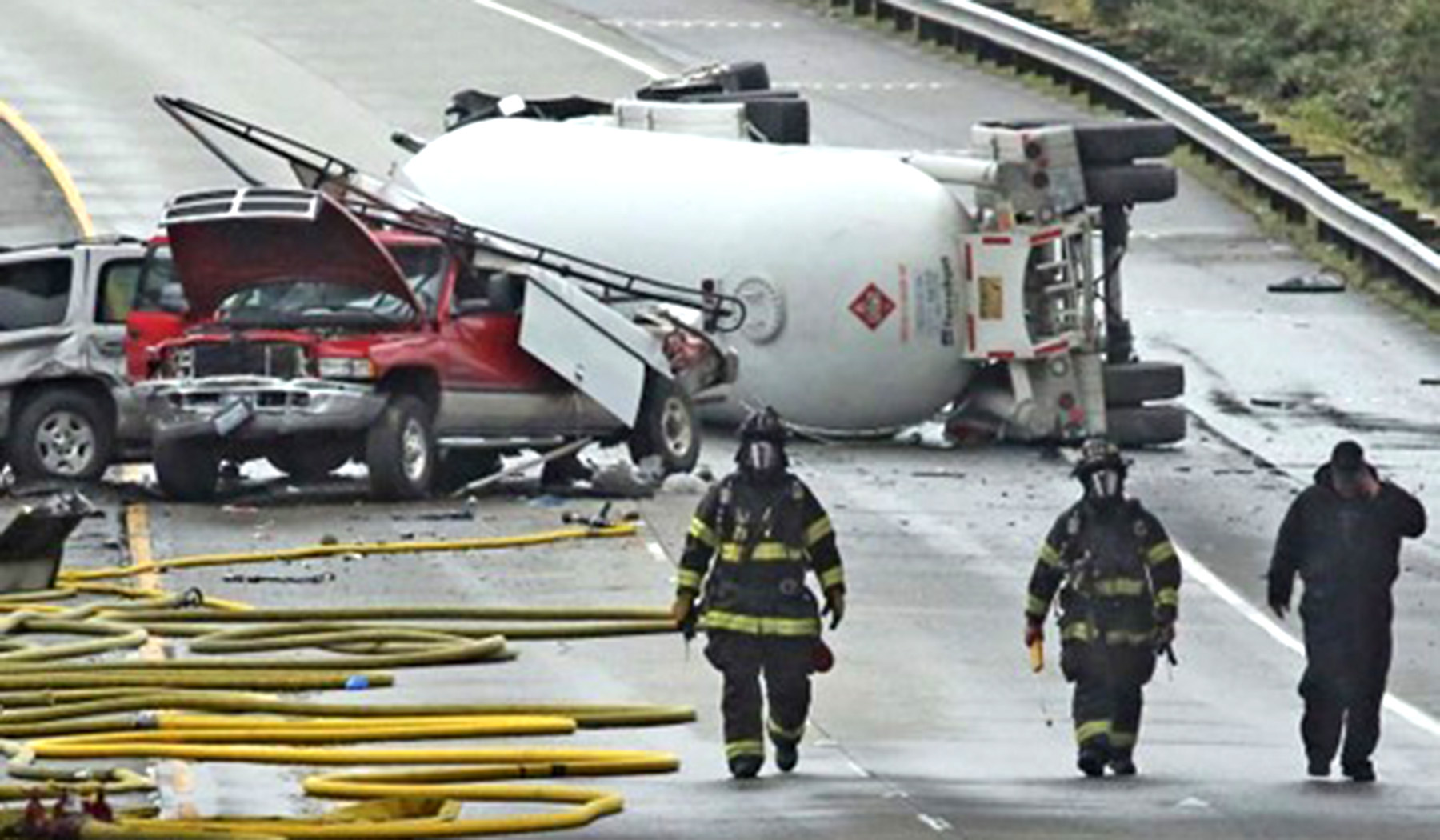The Virtual Coordination Center (VCC) is a digital collaborative environment for integrated multimodal transportation corridor management. Under Federal Highway Administration sponsorship, an operational community of state, city, and county agencies—including law enforcement, transit, and transportation departments—developed, deployed, and evaluated a VCC for interagency management of significant traffic incidents in the Seattle urban corridor.
Half of all traffic congestion in the Seattle region is due to incidents such as disabled vehicles, flooded roadways, trucks losing their loads, and more. For every minute a highway lane is blocked, 4 to 10 minutes of traffic congestion result, costing the region millions of dollars in lost economic value. Incidents also lead to secondary collisions, increased fuel consumption, and air pollution. The region recognizes that we cannot simply build our way out of these mobility and environmental problems; we must make more efficient use of the resources we have in place. This means better coordination of operations, improved communications, and more effective deployment of transportation resources to increase safety and maximize mobility.
Led by the Washington State Department of Transportation (WSDOT) and the University of Washington, this project produced an innovative collaborative environment that now supports Seattle fire (SFD), police (SPD), and transportation (SDOT), King County Metro Transit, Sound Transit, Washington State Patrol (WSP), and WSDOT in their interagency management of incidents that affect the regional transportation system.
The VCC provides daily operational value and is designed to support the management of high-impact situations that put unusual stress on the Seattle-area transportation corridor. The VCC supports increased shared situational awareness, enhanced incident and congestion management, and coordinated population movement. Key VCC features and capabilities include the following:
- An Integrated Dispatch Feed that provides a running account of dispatch events from three computer-aided dispatch systems (SFD, SPD, and WSP), operational dispatches from the King County Metro Transit Control Center, and information from the WSDOT Traffic Management Center Log.
- A Situational Map linked to the dispatch feed and with numerous informational layers such as cameras, traffic, and construction sites.
- Incident Models launched by users or the system indicating that a high impact event is likely in progress and providing information for coordinated action.
- A Population Movement Hub to help coordinate public messaging.
- A Records Management Capability that enables agencies to address issues of data retention and management.
From February 27 to September 30, 2023, the research team conducted an operational evaluation of the VCC model deployment. During that time, 354 Incident Models were launched either manually or by the system. Some of the key conclusions from this initial evaluation were that the VCC achieved the following:
- Improved operators’ ability to get accurate information from other agencies.
- Delivered information that was highly trusted by operators.
- Encouraged operators to leverage information and resources from other agencies.
- Contributed to increased shared situational awareness.
- Did not significantly change operator use of existing legacy systems.
- Reduced reliance on one-to-one phone calls.
- Encouraged operators to find VCC uses that were not the focus of initial design.
- Will likely pay for itself through more rapid incident clearance and congestion reduction.
The work accomplished under this project will be sustained and enhanced with funding by the Washington state legislature and under WSDOT guidance.
Authors:
Mark Haselkorn, Department of Human Centered Design and Engineering, UW
Travis Phelps, WSDOT
Sponsors:
Federal Highway Administration
WSDOT
Challenge Seattle
WSDOT Project Manager: Doug Brodin

